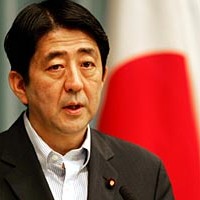Five Japanese held for pork tax evasion

Tokyo prosecutors on Thursday arrested the former president of major meat wholesaler Kyochiku in Ehime Prefecture and four others on suspicion of evading tariffs on pork imports.
The total figure could well exceed €66 million, according to investigative sources. That would mean it is the highest ever in Japan.
Exploiting a tariff system
The five are suspected of exploiting a tariff adjustment system designed to protect domestic pork producers.
The system was established to protect domestically produced pork. When the import price is less than the standard price, which is set considering the price of domestic pork, the difference in price is collected as a tariff.
The cheaper the pork, the more customs taxes the importer will have to pay.
Evasion
Kyochiku is suspected of having reported prices for imported pork from Denmark from around April 2002 to September 2003 that were higher than the price paid. This way the firm evaded the difference in tariffs, sources said.
The company also used Taiwanese and South Korean trading houses, making it more difficult to trace the imports, according to sources.
Prime minister
The Japanese prime minister Shinzo Abe (photograph) also was named as his support groups were said to have received almost €40,000.
However, Abe was quick in trying to contain the potential scandal. His office admitted receiving the donations but added that it returned the entire amount after the news broke.
In a similar tariff evasion case that came to light last year, Nagoya-based meat wholesaler Fujichiku was indicted for bypassing €48 million in import duties.











